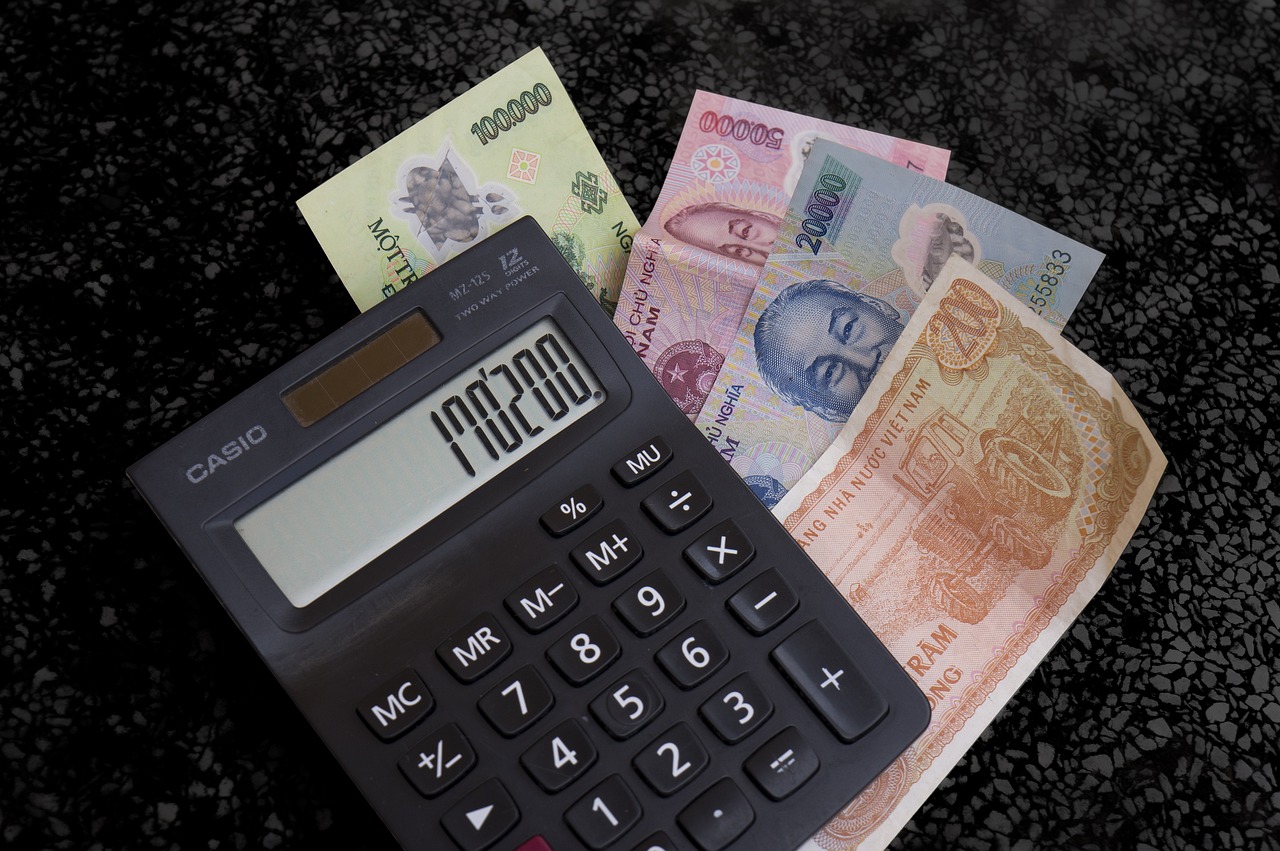Pound-to-Dollar Exchange Rate Dynamics: Currency Strength, Market Influence, Crisis Impact, and Weekend Fluctuations
GPT_Global - 2025-10-28 00:30:02.0 15
What currencies are stronger than the US Dollar, and how does the Pound compare?
In the world of international finance, the value of currencies can fluctuate, and some currencies are stronger than the US Dollar (USD). This can significantly affect remittance businesses, as exchange rates impact the amount recipients receive. As of now, the Kuwaiti Dinar (KWD) is considered the strongest currency in the world, followed by other currencies like the Bahraini Dinar (BHD) and the Omani Rial (OMR). These currencies are valued higher than the US Dollar due to their countries' stable economies and low inflation rates.
When comparing the British Pound (GBP) to the US Dollar, the Pound is generally stronger, though not as strong as currencies like the Kuwaiti Dinar. The exchange rate between the Pound and the Dollar can vary, but the Pound often maintains a higher value. For remittance businesses, understanding these exchange rate fluctuations is key. As a sender or receiver of international money transfers, it's crucial to keep track of the latest currency values to maximize the amount transferred.
For remittance businesses, staying informed about currency strengths helps them offer better rates and attract more customers. By leveraging currency trends, businesses can provide optimal services for international money transfers, ensuring that customers get the best value for their money.

How do financial markets influence the Pound-to-Dollar exchange rate?
Financial markets play a crucial role in determining the Pound-to-Dollar exchange rate. These markets, which include stock exchanges, bond markets, and currency trading platforms, influence the value of currencies based on factors such as economic data, geopolitical events, and investor sentiment. When there is a shift in demand for the British Pound or the U.S. Dollar, the exchange rate fluctuates accordingly.
The Pound-to-Dollar exchange rate is particularly sensitive to market movements. A rise in interest rates by the Bank of England, for instance, can make the Pound more attractive to investors, causing it to strengthen against the Dollar. Conversely, economic instability or political uncertainty in the UK may cause the Pound to weaken against the Dollar as investors seek safer assets.
For remittance businesses, these fluctuations directly affect the amount customers receive when sending money abroad. Understanding how financial markets impact currency values helps remittance services offer competitive exchange rates and better service to their clients. As market trends shift, staying updated on financial developments ensures that remittance businesses remain competitive and relevant in a constantly changing environment.
What was the exchange rate of 1 British Pound to the US Dollar in 2008 during the financial crisis?
During the 2008 financial crisis, the global economy experienced significant fluctuations, and one of the most notable impacts was on currency exchange rates. The exchange rate of the British Pound to the US Dollar saw considerable volatility, reaching a low of around 1.35 USD for every 1 GBP during the peak of the crisis. This was a sharp decline from previous years when the Pound was valued higher against the Dollar.
The steep drop in the Pound’s value impacted remittance businesses, as many people sending money abroad faced higher costs. For remittance companies, the fluctuating exchange rates meant adjusting fees to accommodate the changing value of currencies. This, in turn, affected both the sender and recipient of international money transfers, especially in markets where the British Pound was commonly used for remittances.
For remittance businesses, understanding and adapting to such volatility is crucial for maintaining customer trust. Companies need to provide transparent and competitive exchange rates to ensure they remain a preferred choice during times of economic uncertainty, such as during the financial crisis of 2008.
How does the exchange rate of 1 Pound to the US Dollar affect international trade?
In international trade, the exchange rate between the British Pound (GBP) and the US Dollar (USD) plays a significant role, especially for businesses involved in remittances. When the value of the Pound strengthens against the Dollar, UK exporters can benefit from receiving more USD for their goods or services. This makes British exports more competitive globally. Conversely, when the Pound weakens, US importers may find UK goods more expensive, which could reduce trade volume.
For the remittance business, exchange rate fluctuations are crucial. A stronger Pound can mean that individuals sending money from the UK to the US will receive more dollars for every Pound transferred. Conversely, a weaker Pound can result in remittance recipients in the US getting fewer dollars, which impacts their purchasing power. This dynamic is important for remittance businesses to track, as it can affect the amount of money that needs to be sent or received.
In conclusion, exchange rate movements between the GBP and USD directly influence international trade and remittances. Businesses must stay updated on these fluctuations to ensure competitive pricing and maintain efficient operations in the global market.
Does the 1 Pound to Dollar exchange rate change on weekends?
When it comes to sending money internationally, especially for remittance businesses, understanding currency exchange rates is essential. One common question among customers is whether the 1 Pound to Dollar exchange rate changes on weekends. The short answer is yes, the exchange rate can fluctuate over the weekend, but not in the same way it does during the weekdays.
Currency markets operate globally and are open 24 hours a day, but most of the major forex markets close on Friday evening and reopen on Sunday evening. This means that during the weekend, there are fewer trading opportunities, and exchange rates can remain static or experience minor fluctuations due to global events or economic news that happen outside regular trading hours.
For remittance businesses, this means that while the rate you get on Friday may stay the same over the weekend, it’s important to check for any changes once the markets open again. Keep in mind that small differences can impact the final amount your recipient receives.
To make sure you’re sending money at the best rate, always monitor the exchange rates closely and consult your remittance service provider for updates, especially when planning to send funds during the weekend.
About Panda Remit
Panda Remit is committed to providing global users with more convenient, safe, reliable, and affordable online cross-border remittance services。
International remittance services from more than 30 countries/regions around the world are now available: including Japan, Hong Kong, Europe, the United States, Australia, and other markets, and are recognized and trusted by millions of users around the world.
Visit Panda Remit Official Website or Download PandaRemit App, to learn more about remittance info.


